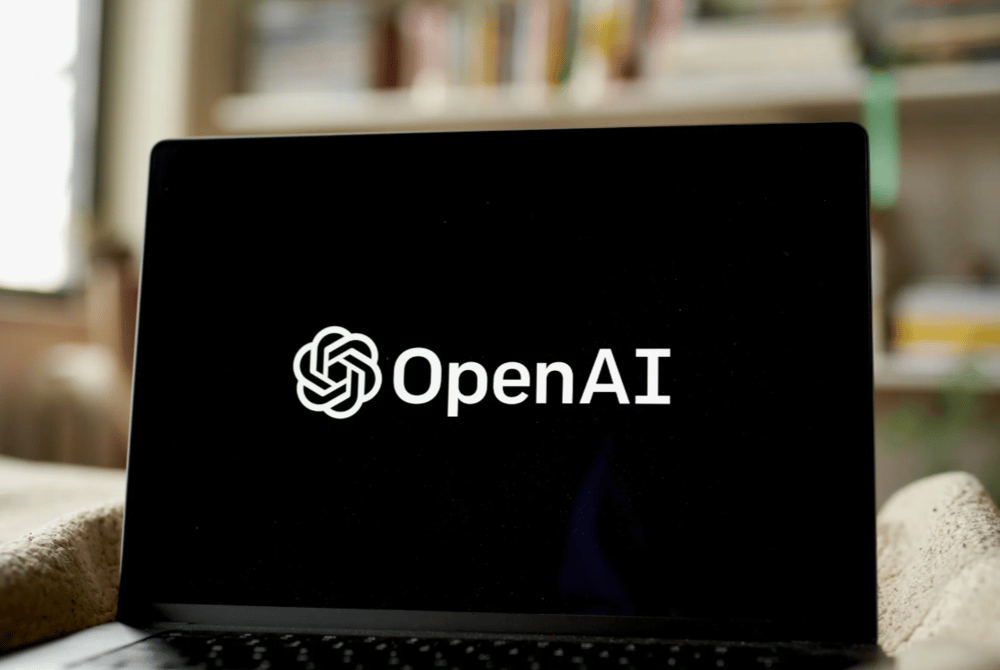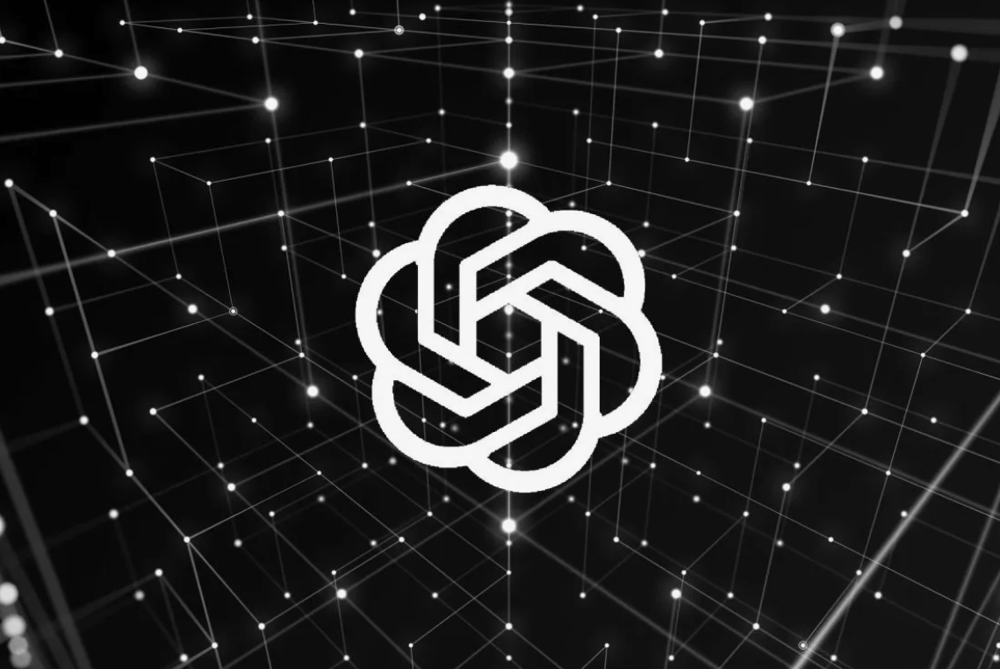

In a pivotal move that could reshape power dynamics within the AI industry, OpenAI has officially abandoned a proposed corporate restructuring that would have significantly altered its internal governance model. The decision ensures that control remains with its nonprofit parent organization, OpenAI Inc., effectively curbing the influence of CEO Sam Altman and halting any efforts to centralize authority under the for-profit arm.
This course correction comes in the wake of mounting legal and reputational pressure, including a high-profile lawsuit filed by Tesla and xAI founder Elon Musk. Musk, who co-founded OpenAI, alleged that the company had strayed from its founding mission to develop artificial general intelligence (AGI) for the benefit of humanity rather than profit-driven motives. The dispute has reignited global debate over ethical AI development, organizational transparency, and the commercial trajectory of advanced technologies.
OpenAI’s retreat from structural reform reflects a delicate balancing act between innovation and accountability. At the heart of the abandoned plan was a shift that would have potentially strengthened Altman’s executive control, while allowing the for-profit arm, OpenAI Global LLC, to steer key decisions.
By opting to maintain the original hybrid model—where a nonprofit entity retains oversight—OpenAI signals a renewed commitment to its foundational ethos. The decision also seeks to address internal concerns and external allegations that the company was moving too aggressively toward commercial dominance at the expense of transparency and mission integrity.
Restructuring Rejected: OpenAI has formally scrapped its planned governance overhaul.
Nonprofit Oversight Preserved: The parent nonprofit retains strategic authority over key decisions.
CEO Authority Contained: The decision limits further consolidation of power under Sam Altman.
Legal Pressures Mount: Elon Musk’s lawsuit accuses OpenAI of abandoning its altruistic charter.
Public Scrutiny Intensifies: The move aims to restore credibility amid rising global attention on AI ethics.

Checks and Balances Restored: Reinforcing nonprofit oversight may enhance long-term trust in OpenAI's objectives.
Executive Dynamics Shift: Sam Altman’s strategic latitude narrows amid broader governance accountability.
Mission Reaffirmed: Retaining the nonprofit structure re-emphasizes the commitment to AGI for societal benefit.
Legal and Regulatory Fallout: Musk’s litigation and ongoing criticism are likely to drive further regulatory interest.
Investor Uncertainty: The governance debate introduces new variables for financial backers evaluating risk exposure.
OpenAI’s decision to preserve its original structure may prove to be a strategic inflection point—not only for its internal leadership but also for the broader trajectory of AI development. As the industry grapples with questions of oversight, power concentration, and public interest, OpenAI’s recommitment to nonprofit principles could shape how other companies approach responsible innovation in emerging technologies.
While the company remains a central figure in the generative AI boom, the future of its leadership, partnerships, and public perception will hinge on its ability to harmonize commercial ambition with its declared ethical mission.
This strategic transaction hints at a new era for automation, with far-reaching impacts on the tech sector